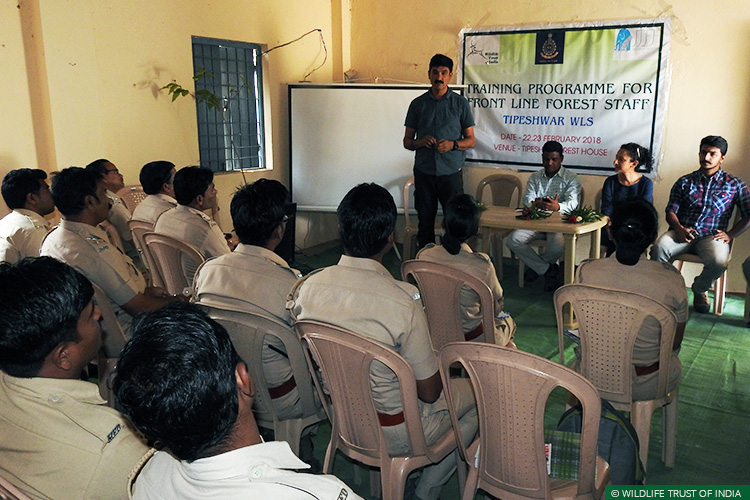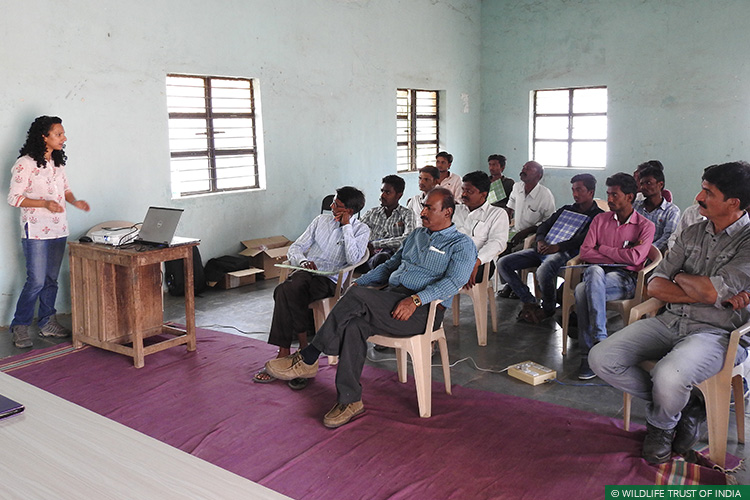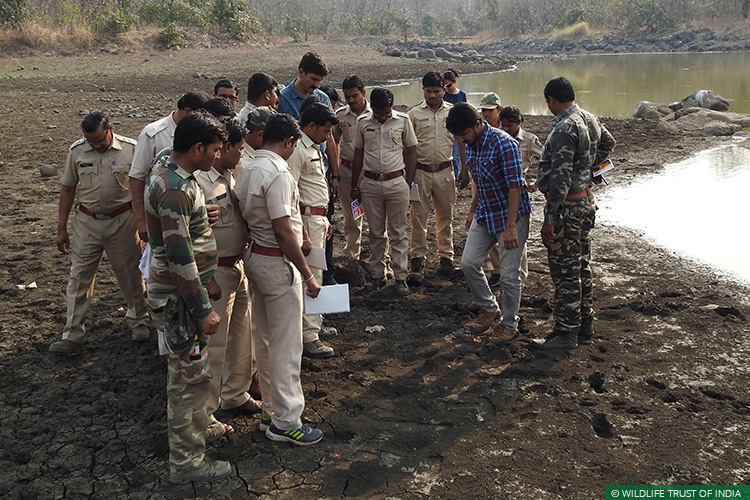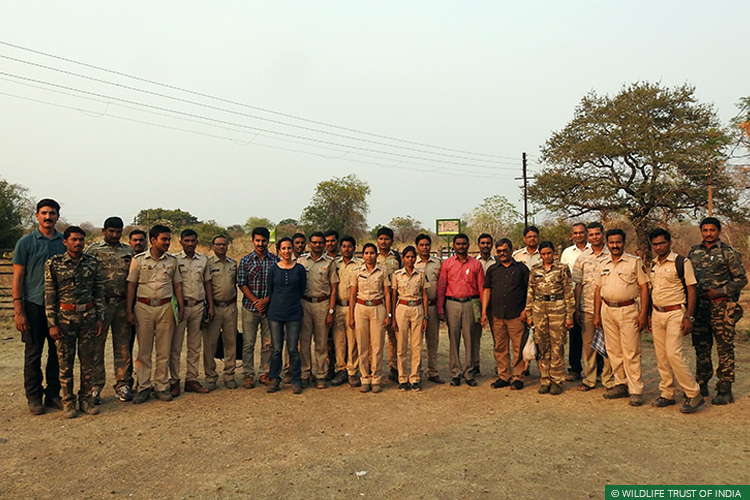




Tipeshwar Wildlife Sanctuary, Maharashtra, March 2, 2018: Though isolated from the network of major Protected Areas in northern Maharashtra such as Bor, Nagzira-Nawegaon and Tadoba Andhari Tiger Reserves, Tipeshwar Wildlife Sanctuary in the state’s Yavatmal district is considered an important habitat linkage for wildlife movement, particularly that of tigers and their prey.
In the last two years this 148.63 sq km wildlife oasis has seen has seen a rise in tiger numbers and a conterminous increase in human-tiger conflict, with seven human deaths and 44 cattle depredations. There is, consequently, a growing fear of the tiger and widespread apathy towards its conservation among the local communities. This is exacerbated by the fact that Tipeshwar’s frontline forest personnel, being newly appointed, are yet to acquire the training and expertise to effectively tackle the rising tide of conflict.
In the last two years Tipeshwar WLS has seen has seen a rise in tiger numbers and a conterminous increase in human-tiger conflict, resulting in a growing local apathy towards tiger conservation.
In partnership with the Maharashtra Forest Department and the Japan Tiger and Elephant Fund (JTEF), Wildlife Trust of India’s (WTI) Wild Aid division recently organised two training workshops to address these issues, with support from Dr Ramzan Virani, the Honorary Wildlife Warden of Pandharkawda.
The first of these was held at Wardh village on February 21. Nineteen Primary Response Teams (PRTs) – comprising community volunteers who assist the forest department in human-wildlife conflict mitigation – from 12 conflict prone villages of the Pandharkawda Forest Division attended the workshop. KM Abharana, the Deputy Conservator of Forests, Pandharkawda inaugurated the event, Vinay Punse, Divisional Manager, Forest Development Corporation of Maharashtra, Yavatmal was the Chairman, and Pramod Panchbhai, Divisional Forest Officer (Wildlife) was the Chief Guest. Members of WTI’s Vidarbha Tiger Project team including Dr Disha Sharma, Veterinarian, and Jaydeep Patil, Field Biologist, conducted interactive sessions on the role of Primary Response Teams in mitigating human-tiger conflict, also covering topics such as tiger ecology, animal behaviour, the identification of venomous snakes, and basic precautions to be taken during conflict situations.
From February 22 onwards a two-day training workshop for frontline staff commenced at the Tipeshwar Forest Rest House, with 17 forest guards, three foresters and a range officer participating. WTI’s Prafulla Bhamburkar (Senior Project Advisor, Vidarbha Tiger Project) organised a session on wildlife crime investigation – the first such hands-on training for frontline staff of the protected area on crime scene evaluation and evidence gathering techniques. WTI trainer and legal consultant Yash Kumar Soni provided the trainees an overview of wildlife laws in India, focussing on the Wild Life (Protection) Act of 1972. Jaydeep Patil conducted interactive sessions on ecological monitoring, identifying direct and indirect animal signs, camera trapping etc, while Dr Disha Sharma focussed on animal capture operations and first-aid in the field. A field exercise was also organised wherein the participants were asked to identify animal signs and measure tiger pugmarks.
“We are deeply grateful to WTI for having supported us with this initiative at the appropriate time”, said Dr Ramzan Virani as the workshops came to a close. “This training will help the PRTs assist the department in handling human-wildlife conflict better, and will enable our frontline staff in investigating cases in field more efficiently. We hope to arrange more such training programmes and get the support of the community in our tiger conservation efforts.”